Throughout fight week, Maxi Hughes, in advance of Saturday’s lightweight bout with William Zepeda, insisted that training camp was just fine. He kept a lid on what he had been through over the previous two weeks, heading into the biggest night of his life.
Hughes flew from London Heathrow to the U.S. on his birthday – Monday, March 4 – and after flying for 11 hours, he soon found himself on a plane back to the U.K., due to visa issues.
Hughes felt he would be fine, having boxed George Kambosos in Oklahoma last July. But he was pulled into an office upon landing in Las Vegas and then put straight on a flight back home, with the rest of his team waiting for him in arrivals back in the U.S.
Hughes kept it all quiet during fight week, as he did not want to give Zepeda’s team confidence ahead of the fight.
“I flew out on my birthday – last Monday, March 4 – and in Oklahoma we were there for two weeks,” Hughes said. “We had a gym lined up, we had sparring partners over here [in Las Vegas] to finish my last week of training.”
When negotiating the contract for the Zepeda fight, Hughes, 34, had asked lawyers whether he was still OK to fight on his previous ESTA (a U.S. Department of Homeland Security travel authorization) from the Kambosos fight or if he would need another visa.
Asked if he was traveling for business or pleasure, Hughes indicated the former and was then escorted into a room to look through his documents.
“The man at the desk said, ‘You’ve got the wrong visa. You’re going straight back on that plane you came on,’” Hughes said.
“I said, ‘You’re joking.’”
“He said, ‘You’ve got to get back on that plane. You’re being deported.’”
“Can’t you speak to a lawyer?”
“He said, ‘No, give me your cell phone.’”
Hughes’ passport and phone were taken, and he was searched in a cell. “You’d think I was smuggling drugs or something,” he said.
“I had an 11-hour flight, I had an hour in Las Vegas airport, then I was back on the plane.
“They couldn’t let me have my phone, so I couldn’t let anyone know. I had [trainer] Sean [O’Hagan] and the rest of the team waiting for me. I could hear my phone ringing like mad behind the desk, and I was like, ‘Look, that’s my team. Can you let me speak to them?’”
“No, you can phone them when you get back on the plane,” Hughes was told.
“The airline manager could see I’d lost my head,” Hughes said. “I was actually in tears when I got on the plane and they escorted me on, and I was thinking, ‘My dream’s over – it’s just been taken away from me.’ But I was like, ‘Regroup, regroup. I’ll buy the wifi package on the plane, I’ll email everybody and we can try and get this resolved.’
“And I asked the air hostess what the wifi password was, and she said, ‘I’m sorry, for this flight our wifi is down.’
“I managed to get a phone call to Sean, give him the hotel information, and I said, ‘Look, I’ve been deported. You get there, we’ll get it sorted.’
“Then I managed to phone my wife. I think it was 6 a.m. U.K. time, so I said, ‘Look, I’ve been deported, I need you to phone [promoter] Lou [DiBella], explain what’s happened. At this point, she was in tears. It made me in more tears, and then I was offline for another 10 hours.”
Hughes flew back to Heathrow, got on the phone, checked into a hotel by the airport, started working with immigration lawyers and tried to resurrect his dream. He needed an appointment at a U.S. embassy, and he waited.
“Luckily, I kept my head,” Hughes said. “I was able to use the fitness gym in the hotel, stayed professional in my diet, ate clean, and there were times when I thought, ‘F*** this, I’m getting the next train home, we’ll get the fight postponed, this is not ideal preparation. I just want to see my wife and kids and shut the door on the world.’”
Nine days before fight night, Hughes finally saw his luck turn.
“The phone was ringing constantly, and the next thing was, I got a phone call on Thursday saying, ‘We’ve got you an [embassy] appointment Friday morning in Belfast, at 9 in the morning, so get yourself to the airport. You’re on the next flight to Belfast. When you get there, ring us because we’ve got to prepare you for this interview you’ve got.’”
A few years ago, Hughes had been in Belfast sparring James Tennyson, so he called up Tony Dunlop of the Belfast Kronk, and that Thursday night – with his team in Vegas – Hughes managed to do some boxing training in Northern Ireland.
Eight days in advance of the Zepeda fight, on Friday morning, Hughes went to the U.S. embassy to try to get his visa arranged so that he could fly into Vegas that Saturday – with only a week to get settled.
“They said, ‘Leave it with us, wait around and you can pick it up today,’” Hughes said.
He was told the process was looking good, but as the day wore on, Hughes didn’t hear anything back. The embassy was due to close at 4.30 p.m. for the weekend, so at 3 p.m. he went back.
“They were working on it, and then I saw they were ringing me, and I was excited,” he said.
“No, sorry,” Hughes was told. “Unfortunately the machine’s not working, we can’t get it done.”
“And I broke down crying again,” he said, “‘Oh shit, what am I going to do now?’
“They said they might be able to get it done Monday, because they don’t work weekends. I spoke to Tony again. And I’d been through a lot, I didn’t think there was any more that could go wrong – there was – but I was remaining positive.
“Fortunately, Tony trained me [over the weekend],” Hughes continued. “He even arranged some short-notice sparring at another gym, in Belfast. I stayed professional. It was tough again. Every couple of hours, I was like, ‘Go home, get the fight postponed, surely everyone will understand – visa issues and all that.’
“My wife was like, ‘Stay there until Monday, go to the embassy Monday, and hopefully they’ll get your passport.’ And they finally did.
“I showed up on Monday morning, got my passport and then I had to travel down to Dublin for the international flights.”
So Hughes sprinted out of the embassy, back to the hotel, grabbed his bags and jumped in an Uber. While he was in the car, a flight was booked. By the time he arrived at the airport, he had an hour to check in, make it through security and get on the plane.
Once in Dublin Airport, Hughes was instructed to go into another back room, where he again started to imagine the worst.
“At least it’s only Dublin,” he recalled thinking. “It’s a 40-minute plane ride and I’m back home. But I waited, and because it was on the system that I had recently been deported, I think they just wanted to check on the details.”
Then they gave Hughes his passport back.
“F*****g hell, I’m free,” he said. “Not the ideal preparation.”
Yet throughout, Hughes stayed focused on the job at hand and did his very best not to get derailed.
No one can say with certainty how Hughes’ travel nightmare ultimately affected the fight outcome, if at all. He knew he was up against it and was not expected to win, but the travel ordeal added a stubbornness to his mindset ahead of his big test against Zepeda.
“What I’ve just had to go through, I feel already I’m mentally strong for it,” Hughes said. “[Zepeda] can’t put me through what I’ve just gone through. I’m ready now. Now I’m here, back with my team, everything’s good, my mind is good, and I’m here ready to do a job on Saturday.”
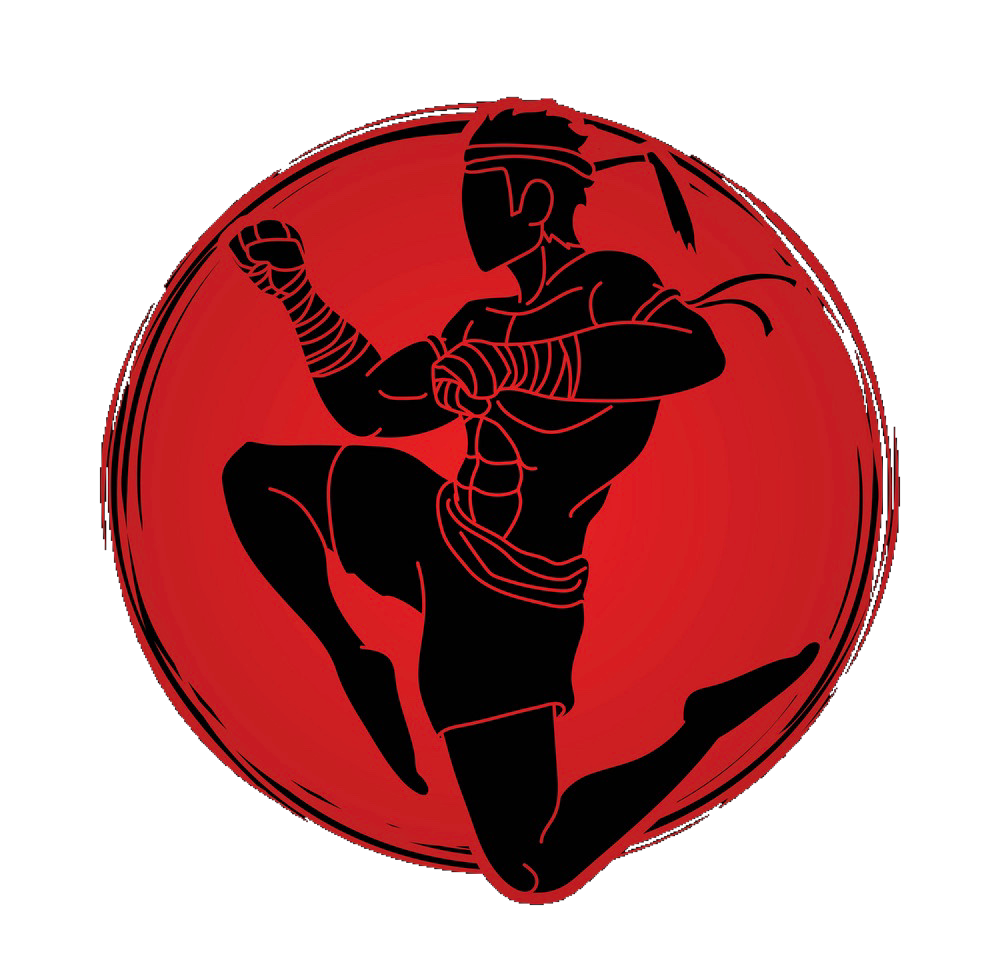
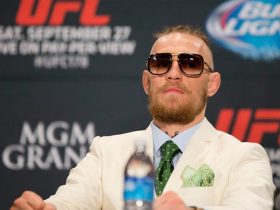
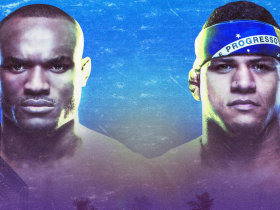
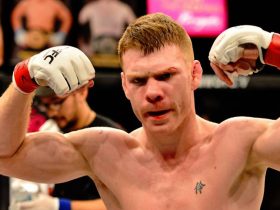
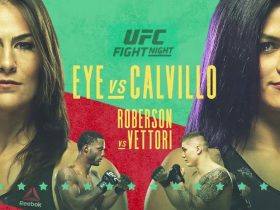

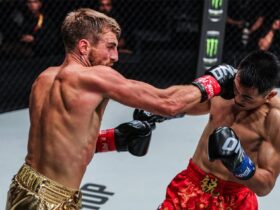
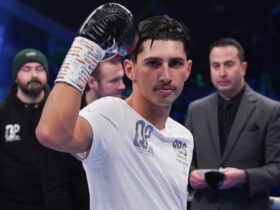
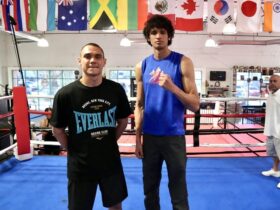
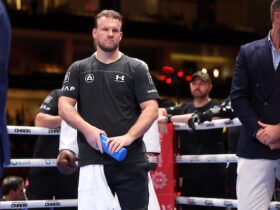

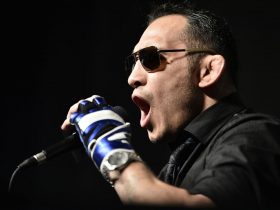
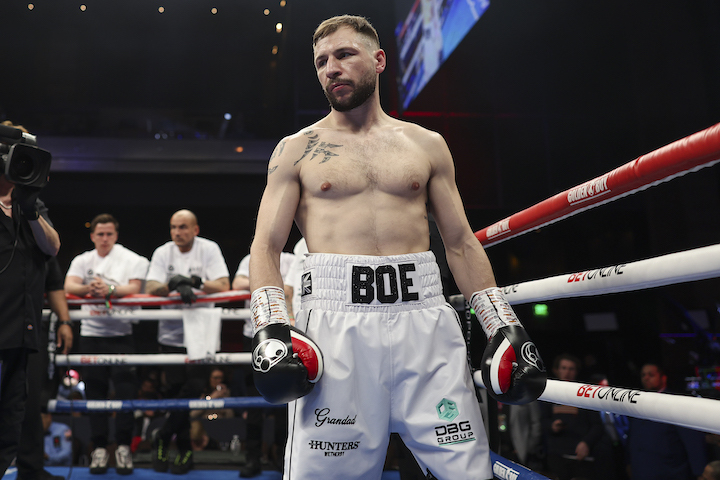
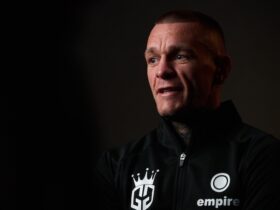
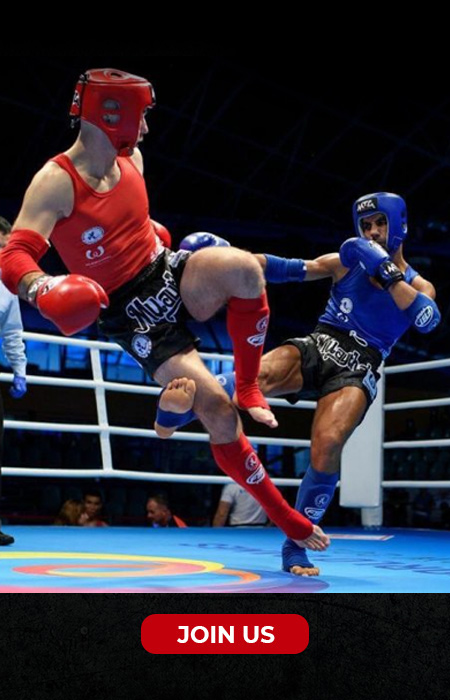
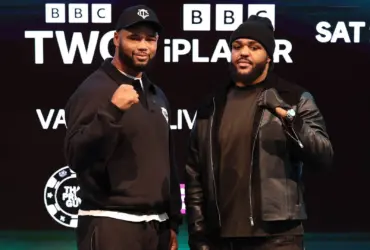

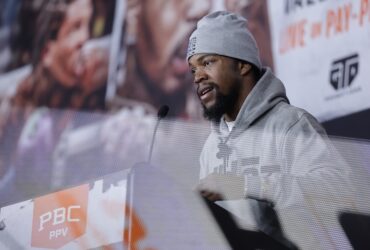
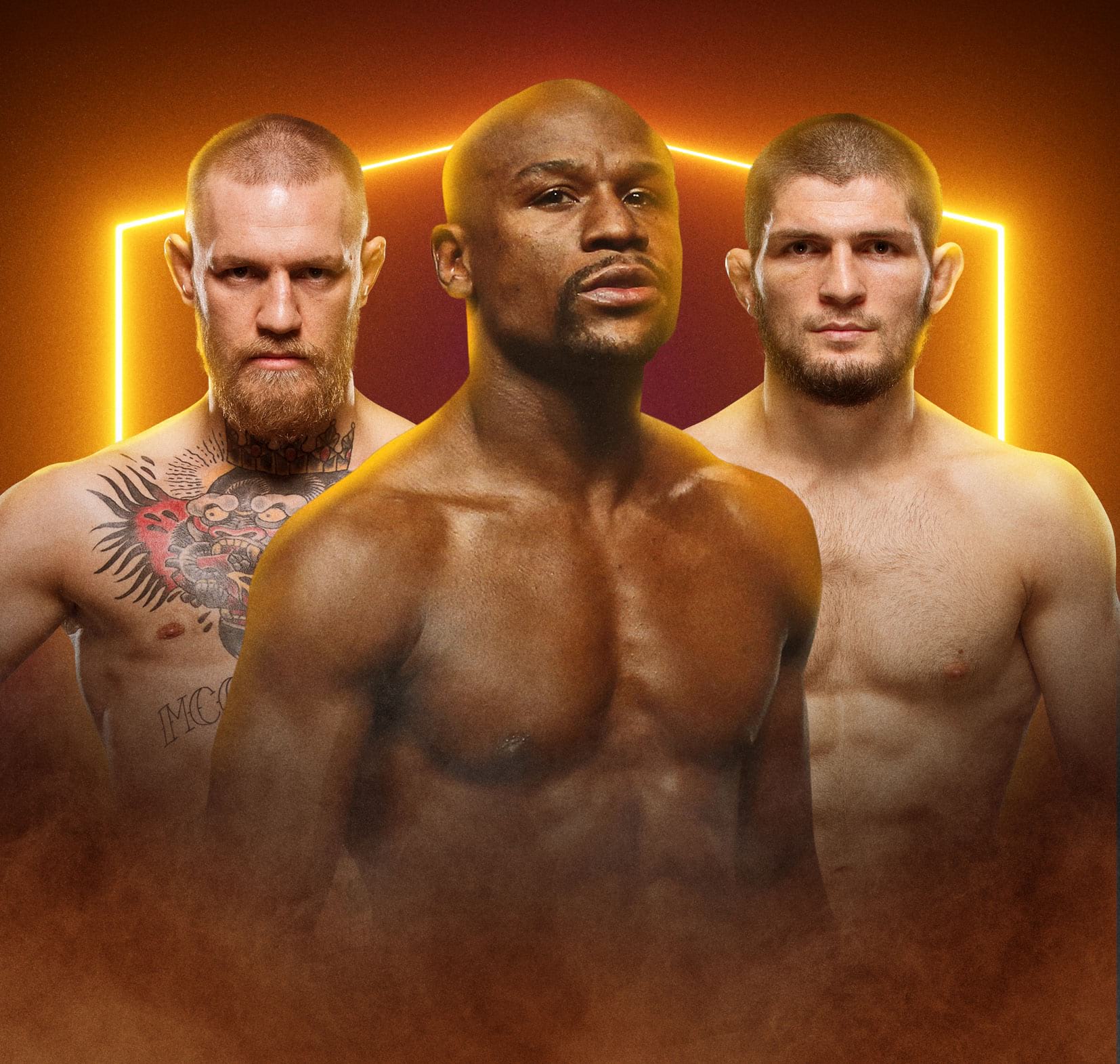
Leave a Reply